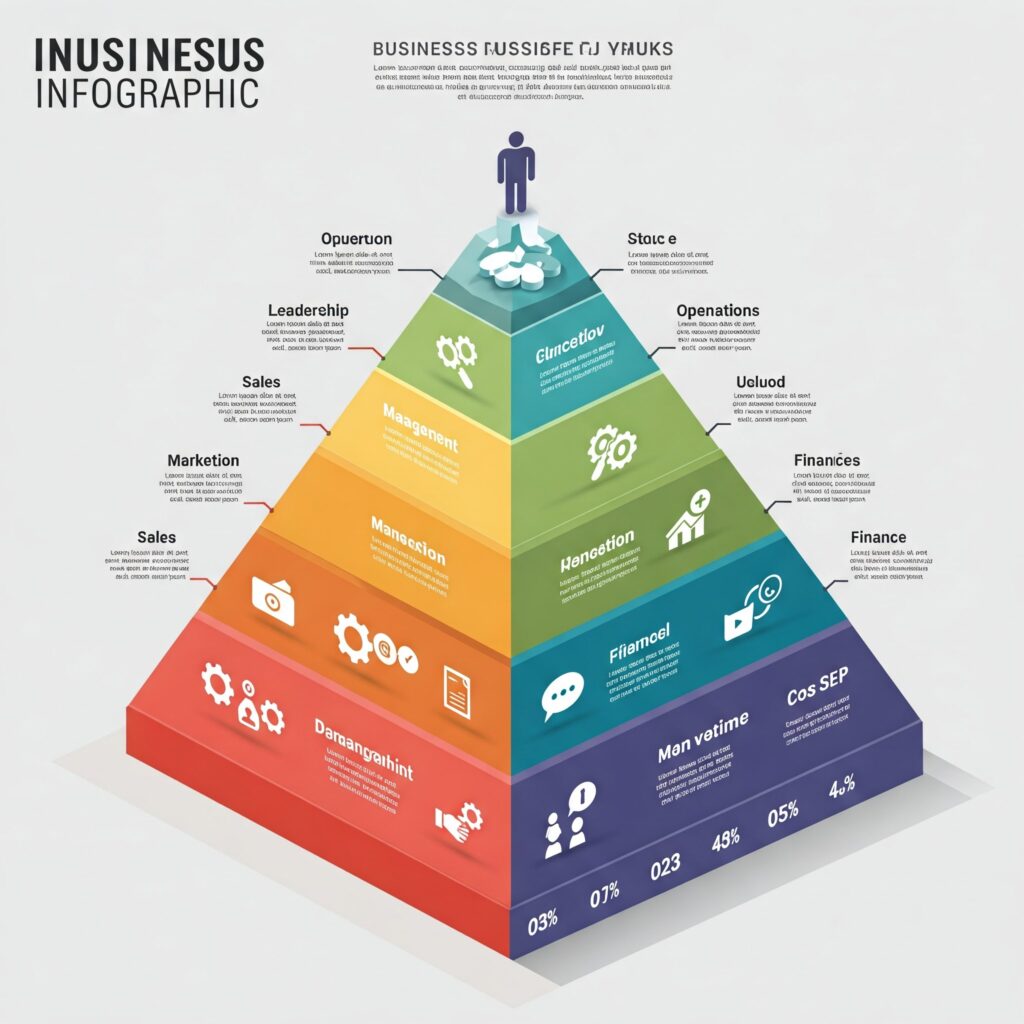
The concept of “success” in business is as multifaceted as the individuals and organizations that pursue it. It’s not a monolithic entity defined by a single metric, but rather a dynamic and evolving interplay of strategic goals, operational excellence, and the ability to adapt and thrive in a constantly changing landscape. Reaching a thousand words on this topic necessitates a deep dive into its various dimensions, exploring the core principles, the evolving definitions, and the practical strategies that underpin business success.
At its most fundamental, business success often involves achieving profitability and sustainable growth. This means not only generating revenue that exceeds expenses but also establishing a business model that can endure and expand over time. However, a purely financial definition of success is increasingly seen as narrow and incomplete. Modern business thought emphasizes the importance of a triple bottom line, encompassing people, planet, and profit. Success, therefore, also entails ethical practices, positive social impact, and environmental responsibility.
Strategic vision is the bedrock of any successful business. It provides a clear roadmap, outlining the organization’s purpose, values, and long-term objectives. A well-articulated vision inspires employees, attracts investors, and guides decision-making at all levels. This vision must be translated into actionable strategies, which involve identifying target markets, developing competitive advantages, and allocating resources effectively. Market research, competitive analysis, and a deep understanding of industry trends are crucial for formulating sound strategies.
Operational excellence is the engine that drives the execution of these strategies. It encompasses efficiency, quality, and continuous improvement across all business processes. From supply chain management to customer service, every aspect of operations must be optimized to deliver value and meet customer expectations. This requires robust systems, skilled personnel, and a culture of accountability. Lean methodologies, Six Sigma principles, and the adoption of appropriate technologies can significantly contribute to operational excellence.

Innovation is another critical ingredient for sustained business success. In today’s rapidly evolving world, businesses that stand still risk being left behind. Innovation can take many forms, from developing new products and services to improving existing processes and business models. Fostering a culture of creativity, encouraging experimentation, and embracing technological advancements are essential for driving innovation. Successful businesses actively seek out new opportunities and are not afraid to disrupt themselves before others do.
Customer centricity has emerged as a core tenet of modern business success. Understanding and meeting the needs of customers is paramount. This involves not only providing high-quality products and services but also building strong relationships and delivering exceptional customer experiences. Businesses that prioritize customer satisfaction often benefit from increased loyalty, positive word-of-mouth marketing, and a stronger brand reputation. Investing in customer relationship management (CRM) systems, actively soliciting feedback, and empowering employees to resolve customer issues are key aspects of a customer-centric approach.
Leadership plays a pivotal role in shaping the trajectory of a business. Effective leaders provide direction, inspire their teams, and foster a positive and productive work environment. They possess a blend of strategic thinking, communication skills, and the ability to motivate and develop their employees. Successful leaders are also adaptable and resilient, able to navigate challenges and make tough decisions when necessary. They understand the importance of building a strong organizational culture that aligns with the company’s values and goals.
A strong organizational culture is the invisible force that influences how people behave and work together within a business. It encompasses the shared values, beliefs, and norms that shape the employee experience and impact overall performance. A positive and supportive culture can attract and retain top talent, enhance collaboration, and drive innovation. Conversely, a toxic or dysfunctional culture can stifle creativity, lead to high turnover, and hinder success. Leaders play a crucial role in shaping and nurturing a healthy organizational culture.
Financial management is the lifeblood of any business. Sound financial planning, budgeting, and control are essential for ensuring long-term viability. This includes managing cash flow effectively, making informed investment decisions, and maintaining a healthy balance sheet. Access to capital, whether through debt, equity, or reinvested profits, is also critical for growth and expansion. Strong financial acumen is a prerequisite for sustainable business success.
Risk management is an often-overlooked but crucial aspect of business success. Every business faces a variety of risks, from market fluctuations and competitive pressures to operational disruptions and regulatory changes. Identifying, assessing, and mitigating these risks is essential for protecting the business and ensuring its resilience. Developing contingency plans and implementing robust risk management frameworks can help businesses navigate uncertainty and minimize potential losses.
Adaptability and resilience are increasingly important in today’s volatile and complex business environment. The ability to respond quickly and effectively to change, whether it’s a shift in consumer preferences, a technological disruption, or an economic downturn, is crucial for survival and long-term success. Businesses that are agile and can pivot their strategies and operations as needed are better positioned to thrive in the face of adversity. Building a resilient organization requires a flexible mindset, a willingness to embrace change, and the capacity to learn and evolve.
Furthermore, the definition of business success is becoming increasingly intertwined with social responsibility and sustainability. Stakeholders, including customers, employees, and investors, are increasingly demanding that businesses operate ethically and contribute positively to society and the environment. Companies that prioritize environmental sustainability, fair labor practices, and community engagement are not only contributing to a better world but also often enhancing their brand reputation and attracting socially conscious consumers and employees.
Technology plays an undeniable role in modern business success. From automation and artificial intelligence to data analytics and cloud computing, technology offers unprecedented opportunities to improve efficiency, enhance customer experiences, and drive innovation. Businesses that effectively leverage technology gain a significant competitive advantage. However, it’s not just about adopting the latest gadgets; it’s about strategically integrating technology into the core of the business to achieve specific goals.
Finally, perseverance and a long-term perspective are essential for achieving lasting business success. Building a successful business is rarely a linear path; it often involves setbacks, challenges, and periods of uncertainty. Entrepreneurs and business leaders must possess resilience, determination, and the ability to learn from their mistakes. A focus on long-term value creation, rather than short-term gains, is a hallmark of truly successful businesses.
In conclusion, business success is a complex and multifaceted concept that extends far beyond mere profitability. It encompasses strategic vision, operational excellence, innovation, customer centricity, effective leadership, a strong organizational culture, sound financial management, robust risk management, adaptability, resilience, social responsibility, the strategic use of technology, and unwavering perseverance. While the specific metrics of success may vary depending on the industry, the organization, and the individuals involved, these core principles provide a comprehensive framework for understanding and pursuing lasting success in the dynamic world of business. The journey towards success is often challenging, but by embracing these principles and continuously striving for improvement, businesses can significantly increase their chances of achieving their goals and making a meaningful impact.



